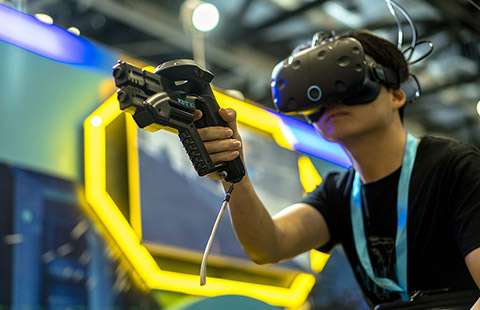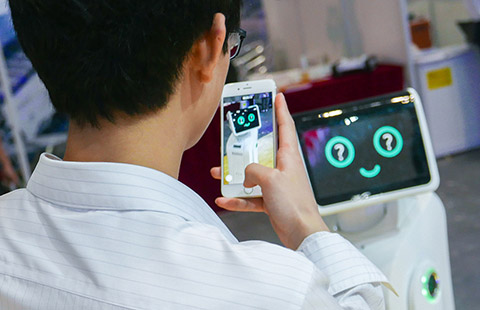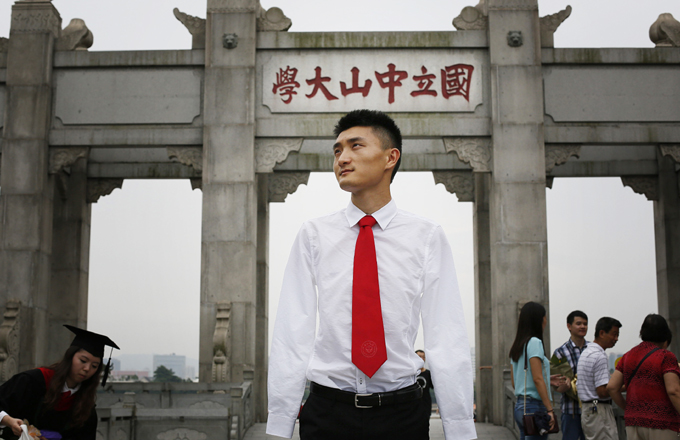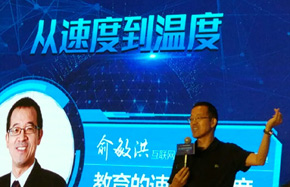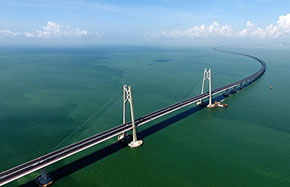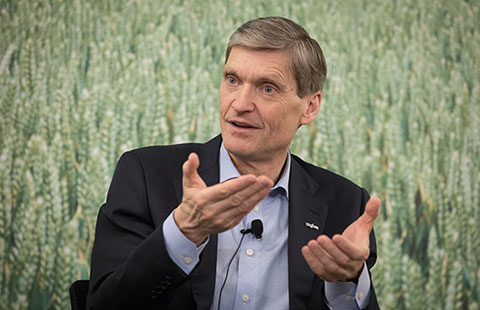Lithium demand for e-car batteries is charging ahead
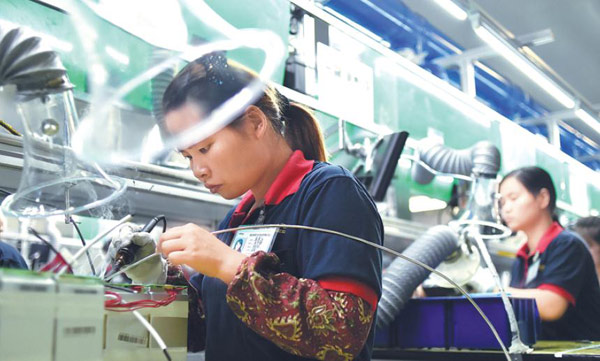 |
|
Workers operate on the lithium battery production line in Changxing county, Zhejiang province. [Photo by Liang Zhen/For China Daily] |
Demand for lithium batteries will continue to rise as the world switches to electric cars.
This in turn will fuel the economies of Chinese regions with saline areas holding large lithium reserves, industry leaders revealed.
Led by China, home to 40 percent of global electric vehicle sales last year, the world's passion for new energy cars is heating up.
According to the International Energy Agency, the number of e-cars on the roads globally has doubled to two million last year from 2015 and could soar to between 40 to 70 million by 2025.
Growth has sparked a surge for lithium supplies at home and abroad, as lithium carbonate is used to power most electric cars.
"Lithium production has been expanding over the past two years," said Ma Peihua, a senior government official and former vice-governor of Qinghai province, which is one of China's biggest saline regions.
Qinghai Lake is the biggest salt water lake in China, and the second largest in the world. "The country's annual consumption of lithium compound is 12 metric tons," said Ma, who is also vice-chairman of the National Committee of the Chinese People's Political Consultative Conference.
"Half is used in the production of batteries, and the ratio may increase to 66 percent in the future," Ma added.
According to a report by China EV100, a Chinese electric vehicle research organization, the global demand for lithium chemical products increased to 182,000 tons last year, up 14 percent compared to 2015.
The report revealed that 20 percent went to manufacturing car batteries, up 8 percent from 2015. You Sangyul, president of Ningbo Jinhe Lithium Battery Martial Co Ltd, said global sales for lithium batteries topped $20 billion last year and would continue to grow at a sustainable pace until 2020.
You stressed that some countries had particularly ambitious targets for electric cars. He said India and Norway aimed for complete automobile electrification by 2030. He also added that the price of battery grade lithium in China jumped to $20,000 per ton in 2016, almost tripling in one year. The thriving market has fueled China's major saline areas such as Qinghai, the Tibet autonomous region and Sichuan and Hunan provinces.
According to China EV100, the country has estimated lithium reserves of 3.2 million tons. Those are the second biggest reserves after Chile and accounts for 22 percent of the global total.
"Qinghai is gearing up its lithium output," Ma said. "For example, Qinghai Dongtai Jinaier Lithium Resource Co is doubling its capacity by adding another manufacturing line of 10,000 tons in annual output by the beginning of 2018."
Major electric battery makers are also expanding into China's lithium resource stronghold.
He Long, vice-president of Chinese auto maker BYD Auto Co Ltd, said the world's second biggest electric battery seller will start to look for lithium production capacity in Qinghai next year. It was also looking to boost its overall annual battery production in the next two years.
"Currently our battery (production) capacity has reached 16 GWh and we will install 10 GWh more in Qinghai by 2019," He said.
But industry experts believe China's lithium reserves can not meet the surging domestic demand from electric car production.
"In the past few decades we have developed sophisticated technology in lithium extraction," said Gao Yuan, president of Pulead Technology Industry Co Ltd.
"We need to map out a global strategy with government support for the saline areas with adequate technology and capital support, like they have in South America," Gao added.





